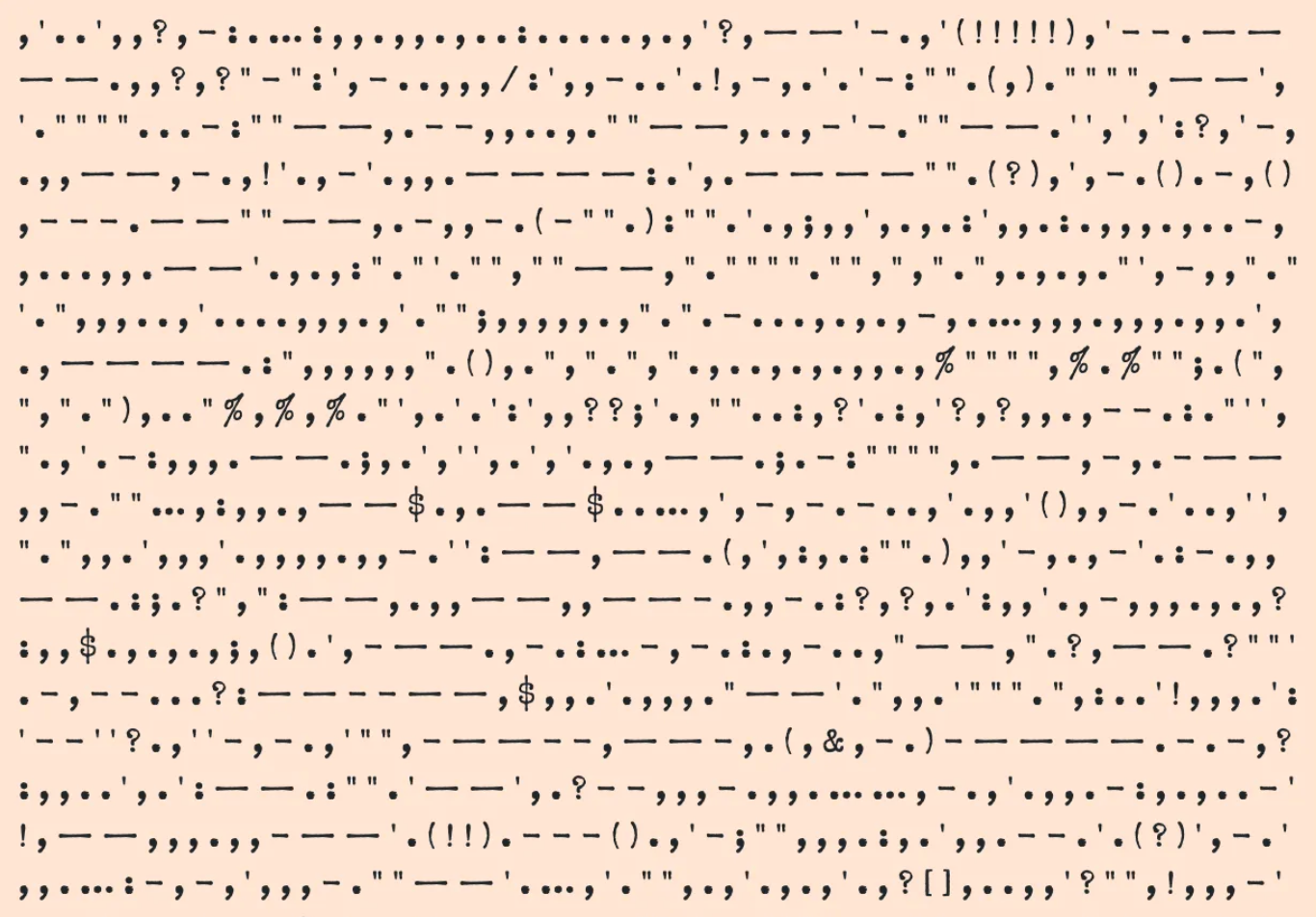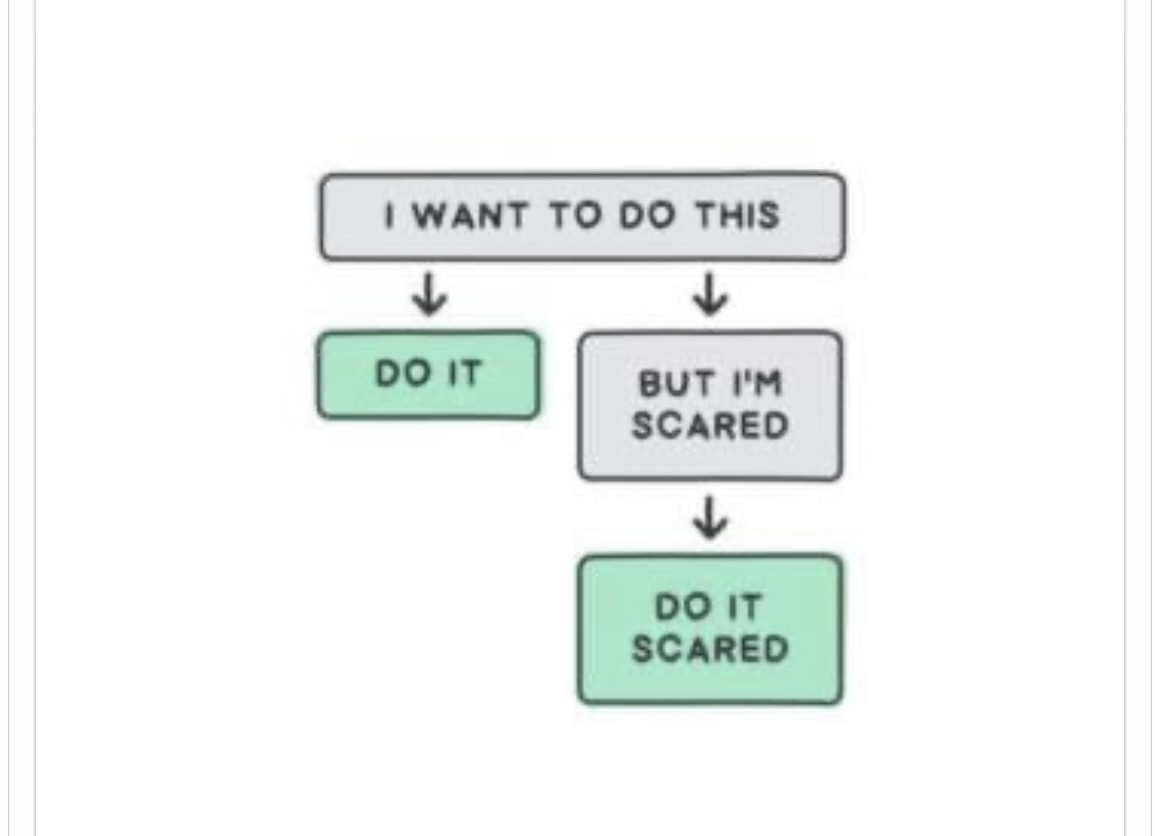Inefficiency Multipliers
“It's easy to confuse 'what is' with 'what ought to be,' especially when 'what is' has worked out in your favor." - Tyrion Lannister, Game of Thrones

There's not enough time.
I'd be willing to be that you've thought that at some point, whether regarding a project at work, that chore you've been putting off, or finishing some big presentation, those words have crossed your mind.
Today, I want to tease a potential paradox in your thinking. You can get it done faster by reducing the time you allow for something. You've given too much time to something.
Let me introduce you to Parkinson's Law, the idea that 'any task will inflate until all of the available time is spent.'
In 1955, Cyril Parkinson humorously wrote an essay published in the The Economist:
IT is a commonplace observation that work expands so as to fill the time available for its completion.Thus, an elderly lady of leisure can spend the entire day writing and despatching a postcard to her niece at Bognor Regis. An hour will be spent in finding the postcard, another in hunting for spectacles, half an hour in a search for the address, an hour and a quarter in composition, and twenty minutes in deciding whether or not to take an umbrella when going to the pillar box in the next street. The total effort which would occupy a busy man for three minutes, all told, may, in this fashion, leave another person prostrate after a day of doubt, anxiety, and toil.
Granted that work (and especially paperwork) is thus elastic in its demands on time, it is manifest that there need be little or no relationship between the work to be done and the size of the staff to which it may be assigned.
Or, imagine you have a task that should take 3 hours. If you give yourself a week to do it, it will take a week.
Giving yourself too much time often backfires. Because you know you have more than enough time to complete it, you end up filling that time with other random things, trying to make it perfect or creating plenty of artificial distractions.
If you did the simple thing you set out to do, it should have been simple. Instead, you artificially made it overly complex, filling up the entire time (or even blowing past your deadline).
Sound familiar? Think about it:
- Doing things when time is running out pushes you to get more productive; you get more done in that last hour as a deadline ticks closer.
- The bigger of a place you get to live, the more crap you accumulate to fill it.
- If you take a big plate, you'll fill it with more food. Heck, the bigger bowl I take, the more ice cream goes in.
And yes, procrastination plays a crucial role in this behavior. We're often inspired to leave things to the last minute. Tim Urban's fantastic TED talk, "Inside the mind of a master procrastinator," covers this topic better than I could. If you haven't watched it, take 20 minutes and procrastinate finishing reading this.
So how do you tackle Parkinson's Law?
One effective way is to play with artificial constraints. Constraints force us to challenge the status quo. Back in 2022, I mentioned:
when there are no constraints on the creative process, complacency sets in, and people follow what psychologists call the path of least resistance – they go for the most intuitive idea that comes to mind rather than investing in developing better ideas.
I'm certainly not suggesting burning yourself out. That's a terrible way to think. It's a calling to challenge you to judge time better.
- Learn how to prioritize the most important things better.
- Understand that you must say no, to protect the yes.
- And, most importantly, protect the asset. Greg McKeown states: 'The best asset we have for contributing to the world is ourselves. If we underinvest in ourselves, we damage the very tool we need to make our highest contribution'. Amen.
What's most interesting about Parkinson's law is that it's not just focused on individuals, but organizations and bureaucracy. He suggests that there are two factors in slowness in organizations (which probably sounds all too familiar in work culture today):
- An official wants to multiply subordinates, not rivals, and
- Officials do work for each other.
Think about any committee you sit on; do they make things faster? Or do they slow down and progress to a crawl? The more people that get involved, the worse it gets. It ultimately takes far more people to get the same thing done.
It's interesting to think of these things next time you struggle with deadlines. Creating more meaningful, shorter-term deadlines and getting momentum rather than over-estimating and underdelivering is vital.
And.. It may be time to start creating some artificial time boundaries.
Give it a try... see what happens. It's always fun to experiment with productivity hacks. The reason you can't get things done is that you've just given yourself too much time.
If you enjoy these posts, you can buy me a coffee ☕️, check out my store or just share my work. If you'd rather just keep up with my daily ramblings, follow me via your favorite RSS reader, via Mastodon or keep reading my posts on this blog. Your support is much appreciated!
Mind Benders 🤯
This was a fascinating experiment that I want to try with some of my own writing.

In What I Learned About My Writing By Seeing Only The Punctuation, the author built out some code to strip away the words from a book, leaving only the punctuation. What he found revealed a hidden beauty in writing:
When we think of novels, of newspapers and blogs, we think of words. We easily forget the little suggestions pushed in between: the punctuation. But how can we be so cruel to such a fundamental part of writing?
Quotables 📚
via Ian Campbell:
One of the hardest lessons I’ve had to learn, but it changed everything.

Brain Dump 🧠
Here are a few articles and videos that resonated with me over the last week:
- Since the days I was writing Windows Calendar in Vista, I’ve always been of the mind that it would be cool to rethink the standard Gregorian calendar. In this post on 'calendar layers', the author ideates on looking at time in a number of three-dimensional layers and how to look at other data across time. For example, imagine seeing a stress-level throughout your day. Really interesting stuff; I’m going to explore a bit on how I can make any of this actionable/useful. — [via Multi-layered calendars]
- How many times have you heard 'that’s my grandmothers secret recipe'. Well, apparently over time, those amazing secret recipes were plagiarized from mayonnaise jars, cookie bags and syrup bottles. — [via The Dirty Secret of ‘Secret Family Recipes’]
- I recently discovered “The Garden of the Forking Paths”, and really liked this post, which explores how 'one man randomized his life and how he teaches us why we need much more trial-and-error experimentation—in our lives.' A worthy read. — [via Experiment with Everything]
- Time capsules are kinda cool, and the Lunar Codex is one of a kind. It uses 'digital and analog technology to preserve art, books, music, and more', and is stored via NanoFiche. It’s a storage medium that’s expected to last hundreds of thousands of years, and is 'impervious to temperature and humidity, and has a near-zero degradation factor'. And for scale, it can engrave millions of words on the size of a dime. — [via Time Capsules via Lunar Codex]
- Cory Doctorow discusses the difference between federatable and federated social content, and why he doesn’t trust Meta’s Threads application (or BlueSky). For me, I signed up for both, and have no plans to use them - you can find me on Mastodon. Also check out his upcoming book, 'The Internet Con: How To Seize the Means of Computation' — [via Fool Me Twice We Don’t Get Fooled Again]
- Another day, another AI thing. This week’s victim was Prosecraft, whose creator 'scanned and analyzed a bunch of books and would let you call up really useful data on books.' Authors were upset, as you can imagine (despite how useful the tool seemed), over the lack of consent around using their content. Times are going to get interesting, for sure, especially as most can’t figure out what data these AI models were trained on in the first place. — [via The Fear Of AI Just Killed A Very Useful Tool]
- Continuing on the 'AI is turning everything on it’s head' theme, I really enjoyed this post on the effects around generative AI on the web. Long story short - as more and more content that is created by GPT is put on the web, the AI starts to almost get degenerative. Think of it this way: a copy of a copy of a copy. Research is starting to show that this will ultimately pollute the internet, causing model training to collapse. — [via The Web You Know Is About to Be Broken]
- A beautiful essay on thinking differently; 'I'm gonna do this as well as that!' — [via This Then That]
- Liz and I were discussing Cairns - rock-stacking - that are used to mark a trail. I saw them in Nepal where they’re used as prayer stones, and never really thought about using rocks as part of marking a path. But, as I started to read more, the practice is apparently full of controversy. — [via No, you shouldn't stack rocks on your next hike. Here's why.]
- File under 'nothing is safe', but I did think this attack vector was fascinating. 'A team of researchers from British universities has trained a deep learning model that can steal data from keyboard keystrokes recorded using a microphone with an accuracy of 95%'. Side note: the same attack via listening to Zoom was only 93% effective. — [via New acoustic attack steals data from keystrokes with 95% accuracy]
- Since the move Tetris was released, I’ve been getting more into the retro-gaming via old consoles, and the Ambernic RG35XX is a cheap (under $80) and fun way to remember your video-gaming youth. — [via Anbernic RG35XX Handheld Gaming Console]
This Weeks Vibe 🎸
As a proud owner still of a Newton MessagePad 100; I instantly added this to my watch list. (via https://social.coop/@dennyhenke/110837278225615516)
"Love Notes to Newton is a film about what a beloved (but short-lived) pen-based Personal Digital Assistant created by Apple Computer has meant for the people who used it, and the community who adore it."
Be well. ✌🏻
